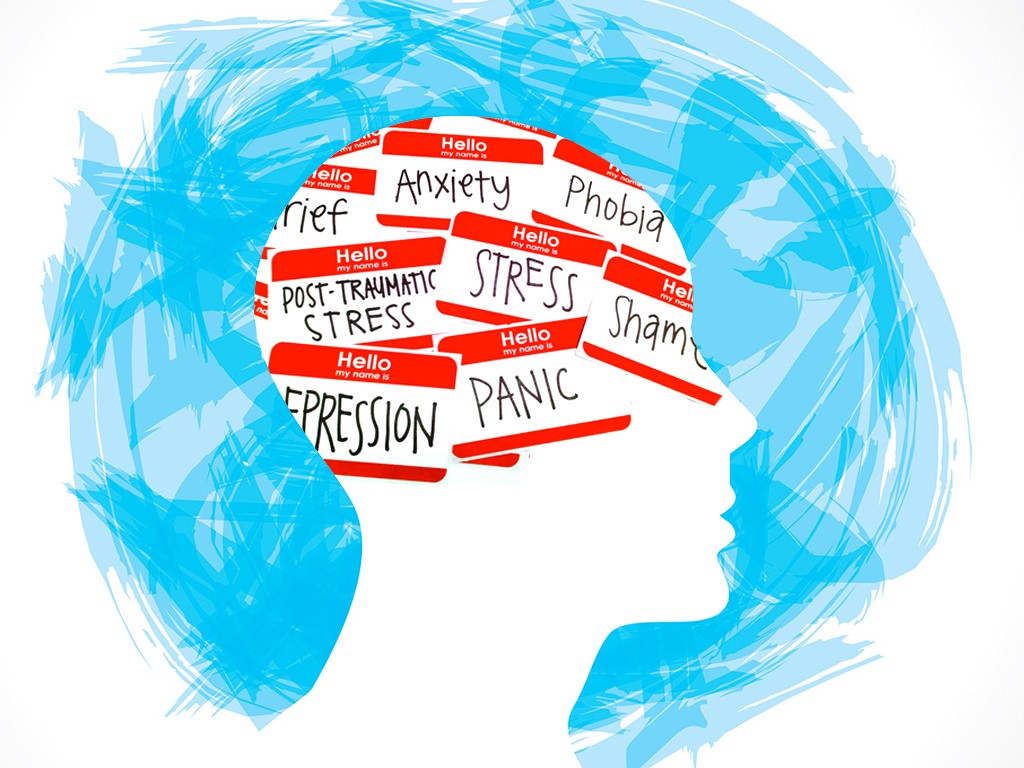Mental health is a critical aspect of overall well-being, yet it often goes unnoticed until problems become severe. Recognizing when it’s time to seek professional help can be challenging, especially when mental health issues manifest in subtle or gradual ways. Here’s a guide to key symptoms that might indicate it’s time to consider mental health treatment.
1. Persistent Feelings of Sadness or Depression
One of the most common indicators of a mental health issue is persistent sadness or depression. While occasional bouts of sadness are normal, ongoing feelings of hopelessness, worthlessness, or a general lack of interest in activities once enjoyed can be red flags. This includes not just feeling down but also experiencing a profound sense of despair or emptiness. If these feelings persist for weeks or months and interfere with daily functioning, seeking help from a mental health professional is advisable.
2. Severe Anxiety or Panic Attacks
Anxiety is a normal part of life, but when it becomes overwhelming or leads to frequent panic attacks, it can be debilitating. Symptoms of severe anxiety include constant worry, restlessness, and physical symptoms like rapid heartbeat, sweating, and trembling. Panic attacks, which involve sudden and intense episodes of fear or discomfort, can be particularly distressing. If anxiety or panic attacks start interfering with your ability to work, socialize, or enjoy life, professional help can provide strategies to manage and alleviate these symptoms.
3. Changes in Sleep Patterns
Changes in sleep patterns can be a significant indicator of symptom that need mental health treatment. Insomnia, oversleeping, or disrupted sleep can be related to conditions like depression, anxiety, or stress. A sudden change in your sleep habits, particularly if it’s accompanied by other symptoms like mood swings or fatigue, may signal a deeper issue. Addressing these sleep disturbances with a mental health professional can help uncover underlying problems and improve overall sleep quality.
4. Difficulty Concentrating or Making Decisions
Struggling with concentration, memory, or decision-making can be a sign of mental health challenges. Cognitive difficulties may be associated with depression, anxiety, or stress. If you find that you’re frequently distracted, unable to focus on tasks, or making poor decisions, it could be worth exploring these issues with a therapist or counselor. Mental health treatment can help improve cognitive function and restore a sense of mental clarity.
5. Social Withdrawal or Isolation
Social withdrawal is another symptom that can indicate a mental health issue. If you find yourself increasingly avoiding social interactions, isolating yourself from friends and family, or feeling disconnected from others, it might be a sign of an underlying condition such as depression or social anxiety. Reconnecting with a mental health professional can help address these feelings and provide strategies to reintegrate into social situations.
6. Changes in Appetite or Weight
Significant changes in appetite or weight can be associated with mental health conditions. This could mean either loss of appetite or overeating, which can lead to noticeable weight loss or gain. These changes are often linked to mood disorders such as depression. Monitoring these changes and discussing them with a healthcare provider can help determine if they are related to a mental health issue and what steps can be taken to address them.
7. Increased Substance Use
Relying on substances such as alcohol, drugs, or even excessive caffeine as a way to cope with stress, anxiety, or depression can be a red flag. Increased substance use often serves as a temporary escape but can exacerbate mental health problems and lead to dependency. If you find that substance use is becoming a primary coping mechanism, it’s crucial to seek professional help to address both the substance use and the underlying mental health issues.
8. Thoughts of Self-Harm or Suicide
Thoughts of self-harm or suicide are serious and require immediate attention. If you or someone you know is experiencing these thoughts, it is vital to seek help immediately. Contact a mental health professional, counselor, or crisis hotline for support. Early intervention can provide critical assistance and resources to manage these thoughts and ensure safety.
Conclusion
Recognizing the signs that suggest the need for mental health treatment is the first step toward recovery. Persistent feelings of sadness, severe anxiety, changes in sleep or appetite, and other symptoms can all signal that it’s time to seek professional help. Addressing these issues with the guidance of a mental health professional can provide relief and support, helping individuals regain control over their lives and improve their overall well-being. Remember, seeking help is a sign of strength and a proactive step toward mental health and wellness.



